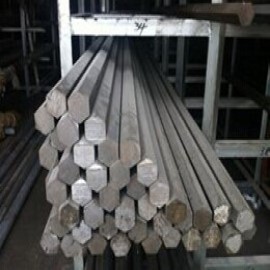
AISI 1035,Cold Drawn Carbon Hexagonal Bar
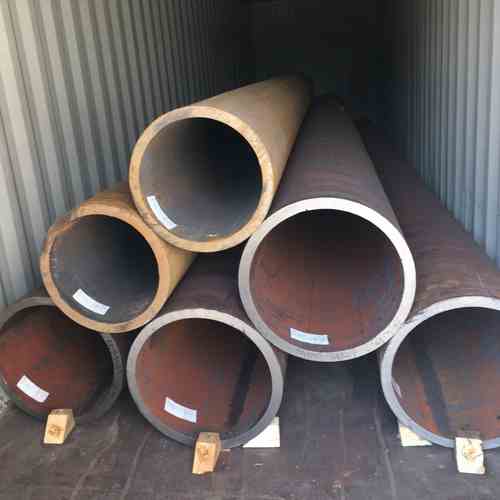
AISI 1010 / S10c Carbon Steel Tube – Mechanical Tubing – Seamless Steel Pipe
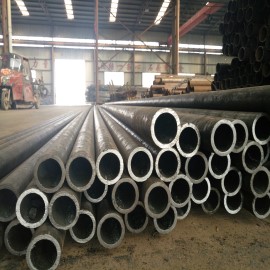
27SiMn seamless cold drawn steel tube, with black annealed out surface
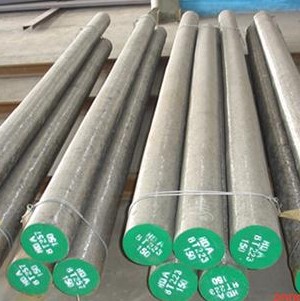
4145H Modified Alloy Steel Round Bar, Hot Rolled Steel Bar
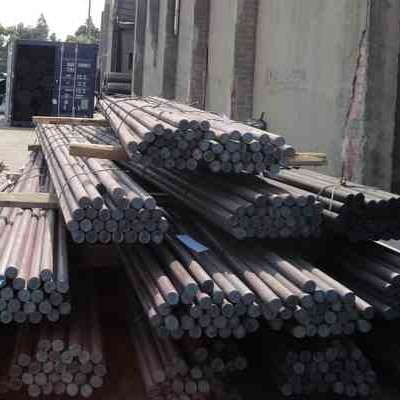
QT AISI 8260 Hot Rolled Steel Round Bar Size 10 - 350mm For Automobile
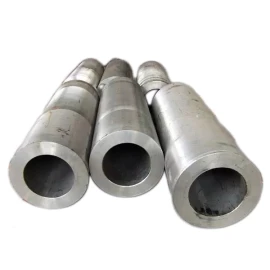
Categories:Steel Forgings
Model No.:AISI/SAE 4130 API 6A
Introduce
AISI or SAE 4130 grade is a low-alloy steel containing chromium and molybdenum as strengthening agents. The steel has good strength and toughness, weldability and machinability.
AISI/SAE 4130 grade is a versatile alloy with good atmospheric corrosion resistance and reasonable strength. It shows good overall combinations of strength, toughness. and fatigue strength.
Application
This low-alloy steel finds many applications as forgings in the aerospace and oil and gas industries as forged valve bodies and pumps, as well as in the automotive, agricultural and defense industries.
Chemical component
C% | Carbon 0.28 – 0.33 |
Mn% | Manganese 0.40 – 0.60 |
P% | Phosphorus 0.035 max |
S% | Sulfur 0.040 max |
Si% | Silicon 0.20 – 0.35 |
Cr% | Chromium 0.80 – 1.10 |
Mo% | Molybdenum 0.15 – 0.25 |
Forging
Type 4130 steel should be forged between 2250 and 1750 º F (1230 and 950 º C.) The lower the finishing temperature from forging, the finer will be the grain size. If the alloy is forged at too low a temperature, there is a risk of the formation of a non-uniform structure in certain areas of the forged part, necessitating a normalizing treatment – prior to further heat treatment – after forging.
Heat treatment
ANNEALING:
l Annealing of 4130 forgings may be carried out by transferring the part straight from the forging operation to a furnace held at a suitable temperature, around 1575 º F (860º C) for annealing, holding for a suitable time then furnace cooling. In this way a structure suitable for machining may be obtained. This treatment is best used for parts with simple shapes. If the forging is such that some sections (of the forging) will finish much colder than others then a uniform structure will not be obtained and for best results a spheroidizing anneal at around 1380 º F (750 º C) may be used. It is safe to say that experience alone will decide the best type of annealing treatment to be used prior to machining.
NORMALIZING:
l This process is defined as heating a steel to a temperature above the ferrite to austenite transformation temperature, then cooling in air to a temperature well below this transformation temperature. The treatment may be carried out on forged or rolled products as a conditioning treatment prior to final heat treatment. Normalizing also serves to refine the structure of forgings that might have cooled non-uniformly from their forging operation. The nominal normalizing temperature for 4130 grade is 1650 º F (900 º C), but production experience may necessitate a temperature either 50 º F (10 º C) above or below this figure. In fact when forgings are normalized before, say, carburizing or hardening and tempering, the upper range of normalizing temperatures is used. When normalizing is the final heat treatment, the lower temperature range is used.
HARDENING:
l This heat treatment results in the formation of martensite after quenching, thus a great increase in hardness and tensile strength, together with some brittleness. The steel should be austenitized – i.e. all micro constituents transformed to austenite – at 1500 to 1600 º F (815 to 870 º C). The actual austenitizing temperature is a function of chemical composition within the analysis range, section size and cooling method. Smaller sections of 4130 might be quenched in oil, heavier sections in water.
TEMPERING:
l Tempering is carried out to relieve stresses from the hardening process, but primarily to obtain mechanical properties required for the final application. The actual tempering temperature will be chosen to meet the required properties, and in many cases will be a matter of trial and error.
If you want to know more or have any questions about our products, please feel free to contact us by phone or email.